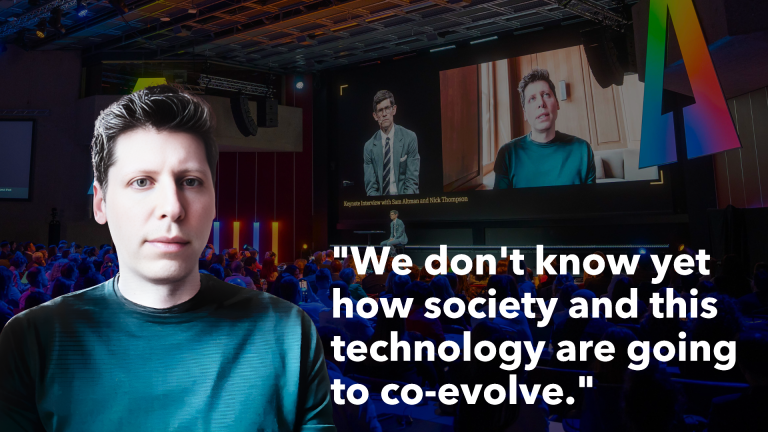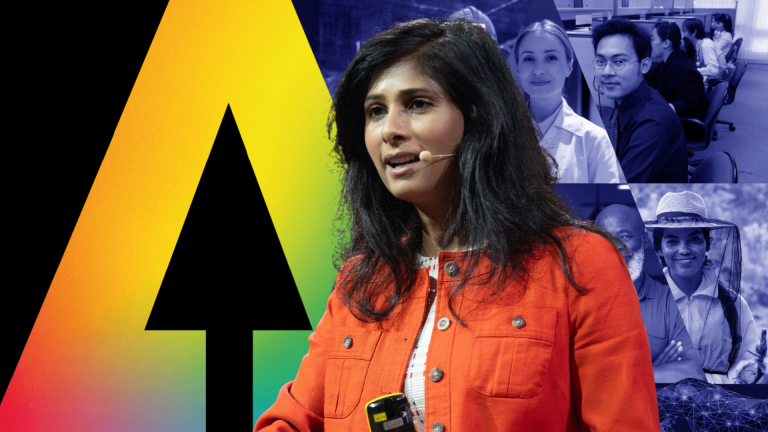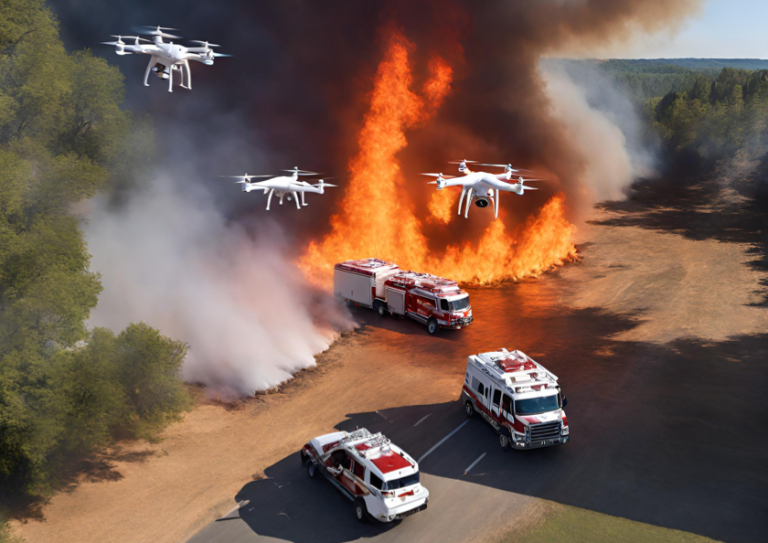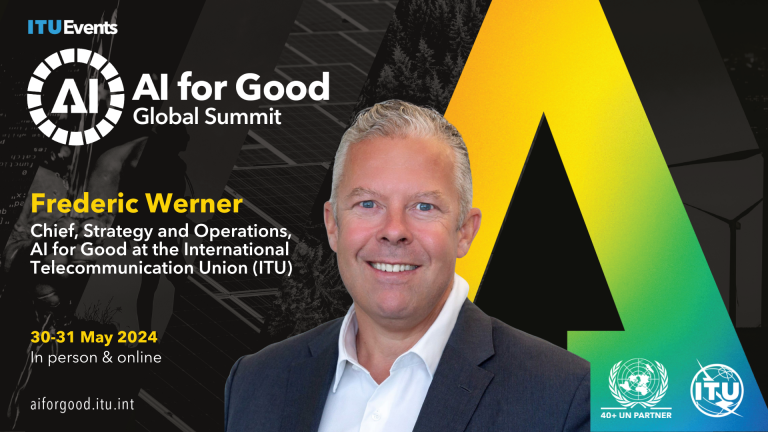Unlocking Sustainable Solutions: How ITU’s AI for Good Series Empowers Environmental Innovation
As COP28 approaches, it is crucial to delve into the dynamic intersection of artificial intelligence (AI) and environmental sustainability. The United Nations’ AI for Good initiative, spearheaded by the ITU in conjunction with 40 UN entities, features focused tracks on “AI for Climate Science” and “AI for Earth and Sustainability Science.” Esteemed scientists are shedding light on how AI can revolutionize our strategies for combating climate change.
AI stands out as an invaluable ally, offering groundbreaking solutions that propel climate science forward, minimize environmental degradation, and support adaptation to evolving climatic conditions. By harnessing extensive datasets, AI enhances the accuracy of weather and climate forecasting while monitoring and predicting climate change’s impacts on ecosystems, water resources, and public health. Additionally, it enriches our understanding of the carbon cycle—one of the pivotal forces driving climate change—and streamlines energy consumption, significantly amplifying sustainability initiatives.
One of the most exciting applications of AI is found in predictive climate modeling. Although traditional models provide insights, they often grapple with the intricate complexities and variabilities inherent in climate systems, necessitating significant computational resources, especially at high resolution. AI’s capacity to process and analyze vast datasets elevates the efficiency and precision of these models, paving the way for emulators that facilitate real-time interactions, edging us closer to realizing a Digital Twin of Earth. This advanced predictive capability is vital for clarifying potential future climate scenarios, empowering scientists and policymakers to make well-informed decisions. The next steps include translating climate and weather forecasts into precise impact predictions, with initial pilot studies already demonstrating the ability to accurately map entire landscapes at a resolution of 20 meters.
The webinars also underscored AI’s essential contribution to broader environmental sustainability. AI technologies are actively engaged in monitoring biodiversity, optimizing natural resource management, and minimizing pollution. For example, AI-driven tools can analyze satellite imagery to identify deforestation and illegal fishing activities, offering crucial insights that bolster conservation efforts.
The AI for Good webinars highlighted the necessity of collaboration among governments, NGOs, academia, and the technology sector. Addressing climate change demands a collective effort, and to harness AI’s full potential, cross-sector partnerships are imperative. Sharing knowledge, resources, and expertise is vital for developing impactful and sustainable AI solutions.
Furthermore, AI is set to revolutionize environmental policy development. By providing accurate, real-time data and forecasts, AI empowers policymakers to craft more effective environmental regulations. This data-driven strategy ensures that policies are not just reactive but also proactively tackle environmental challenges.
As we near COP28, it becomes increasingly evident that AI possesses extraordinary potential for propelling our environmental objectives forward. The insights from the ITU’s AI for Good series serve as a guiding light, leading us toward a future where AI and human ingenuity collaborate to safeguard the well-being of our planet.
As we navigate the opportunities and challenges ahead, AI’s role in shaping our environmental trajectory shines as a symbol of hope and a testament to human creativity.
### Insights from the experts behind the AI for Good Discovery tracks focusing on:
(1) “AI for Climate Science” and (2) “AI for Earth and Sustainability Science”:
– **Philip Stier**, Professor of Atmospheric Physics, University of Oxford, ELLIS unit member
– **Duncan Watson-Parris**, Assistant Professor, University of California San Diego, ELLIS unit member
– **Markus Reichstein**, Director & Professor, Max Planck Institute for Biogeochemistry, Director of ELLIS unit in Jena
– **Maria Piles**, Associate Professor and Senior Researcher, Universitat de València, Fellow of the ELLIS program in Machine Learning for Earth and Climate Sciences
– **Gustau Camps-Valls**, Professor of Electrical Engineering, Universitat de València, Director of ELLIS program in Machine Learning for Earth and Climate Sciences
– **Joachim Denzler**, Professor of Computer Vision, University of Jena, Director of ELLIS unit in Jena
– **Conrad H. Philipp**, Senior Project Coordinator, University of Jena, ELLIS unit in Jena
**Keywords:** AI for Good, Climate Science, Environmental Sustainability, COP28, Predictive Modeling, Biodiversity Monitoring, Policy Making






